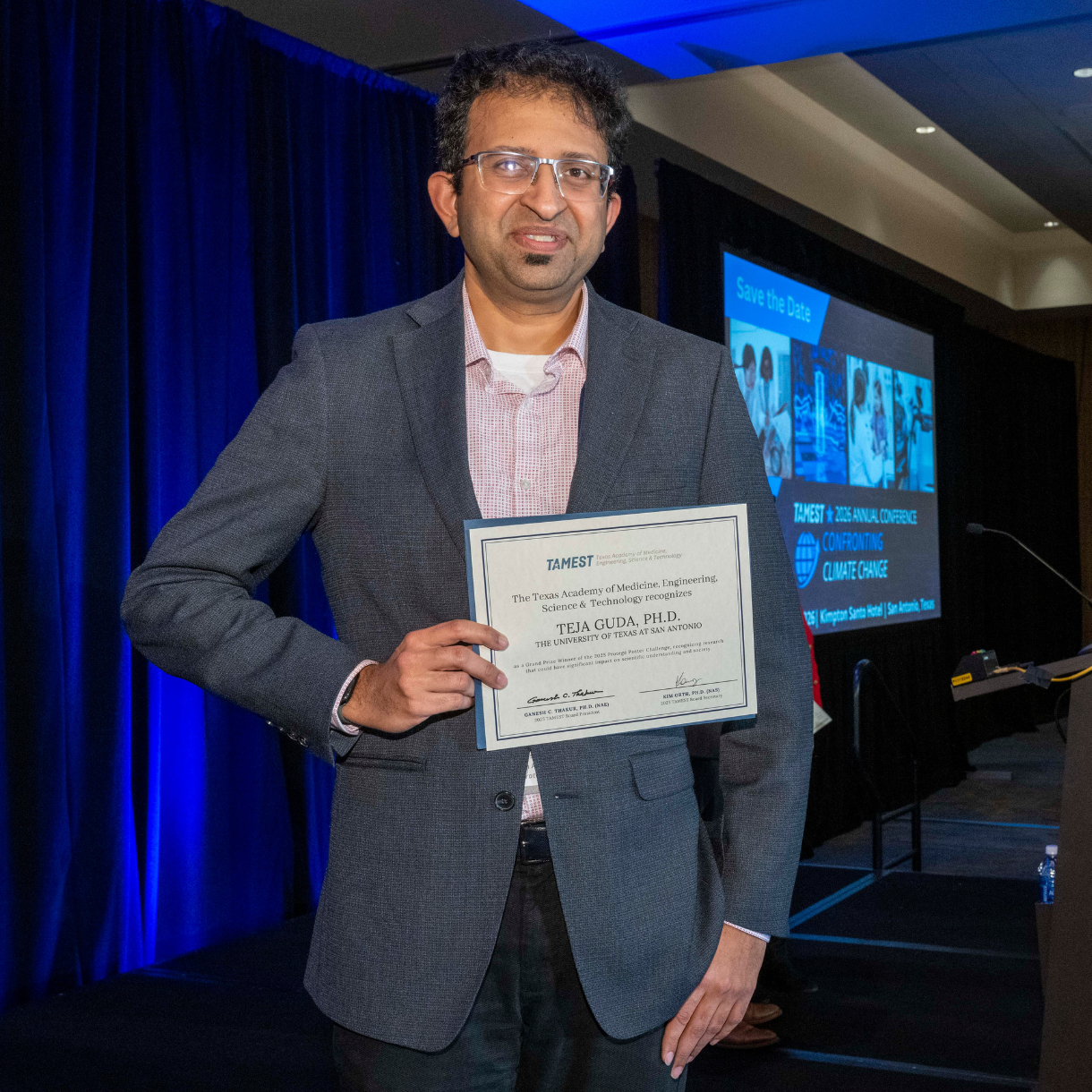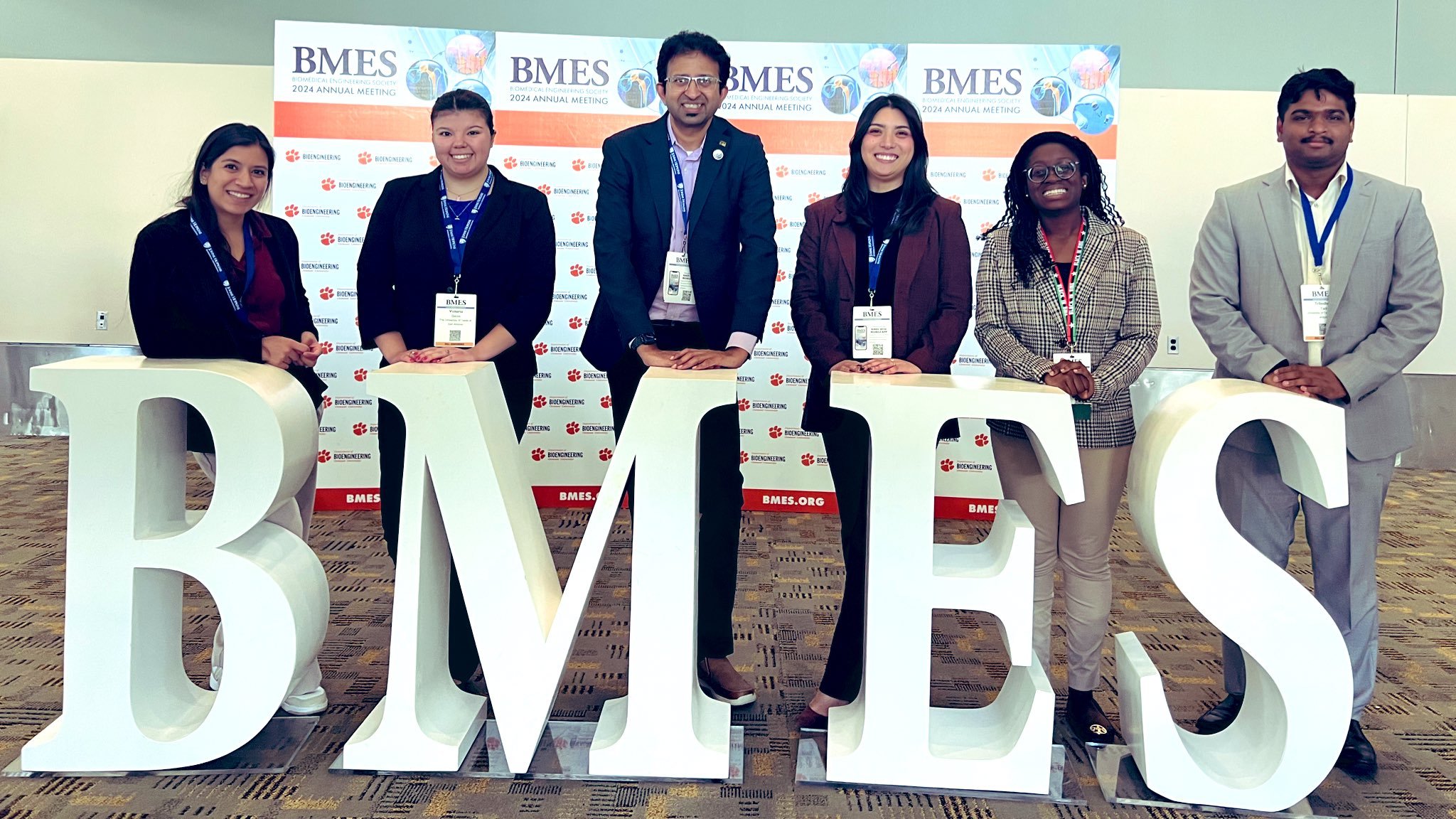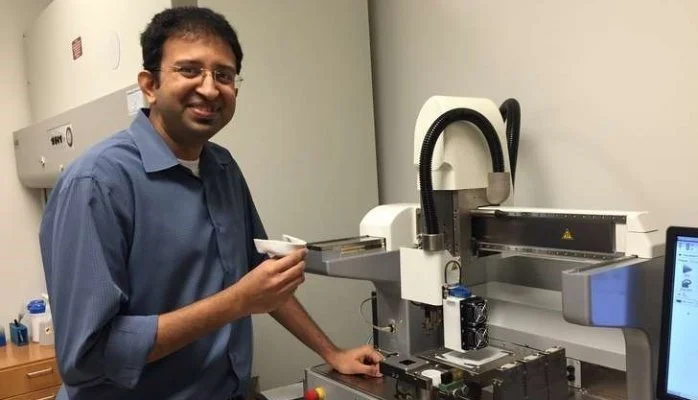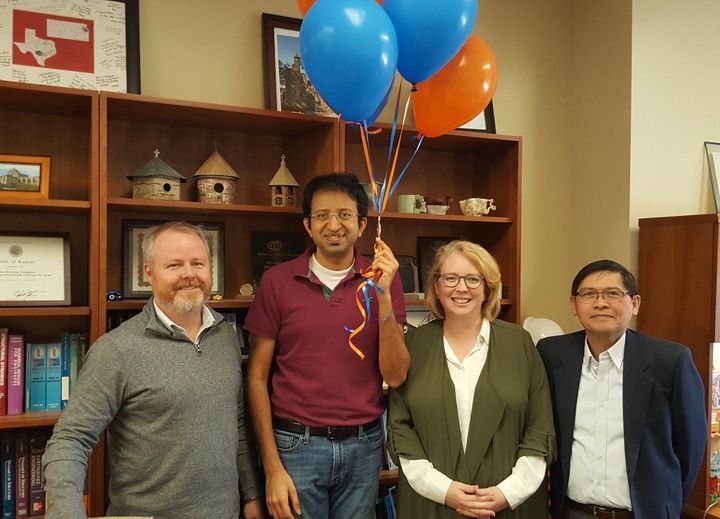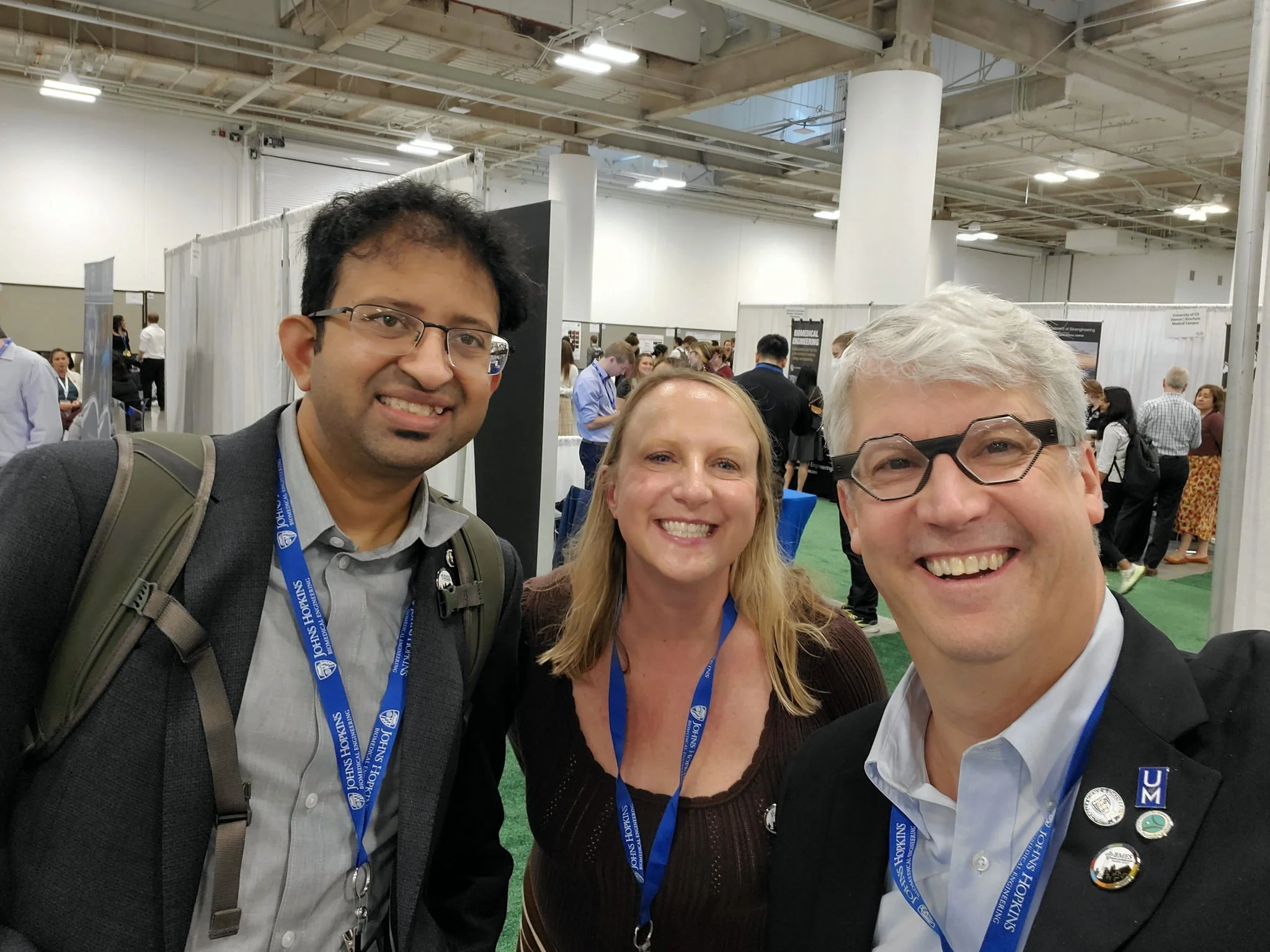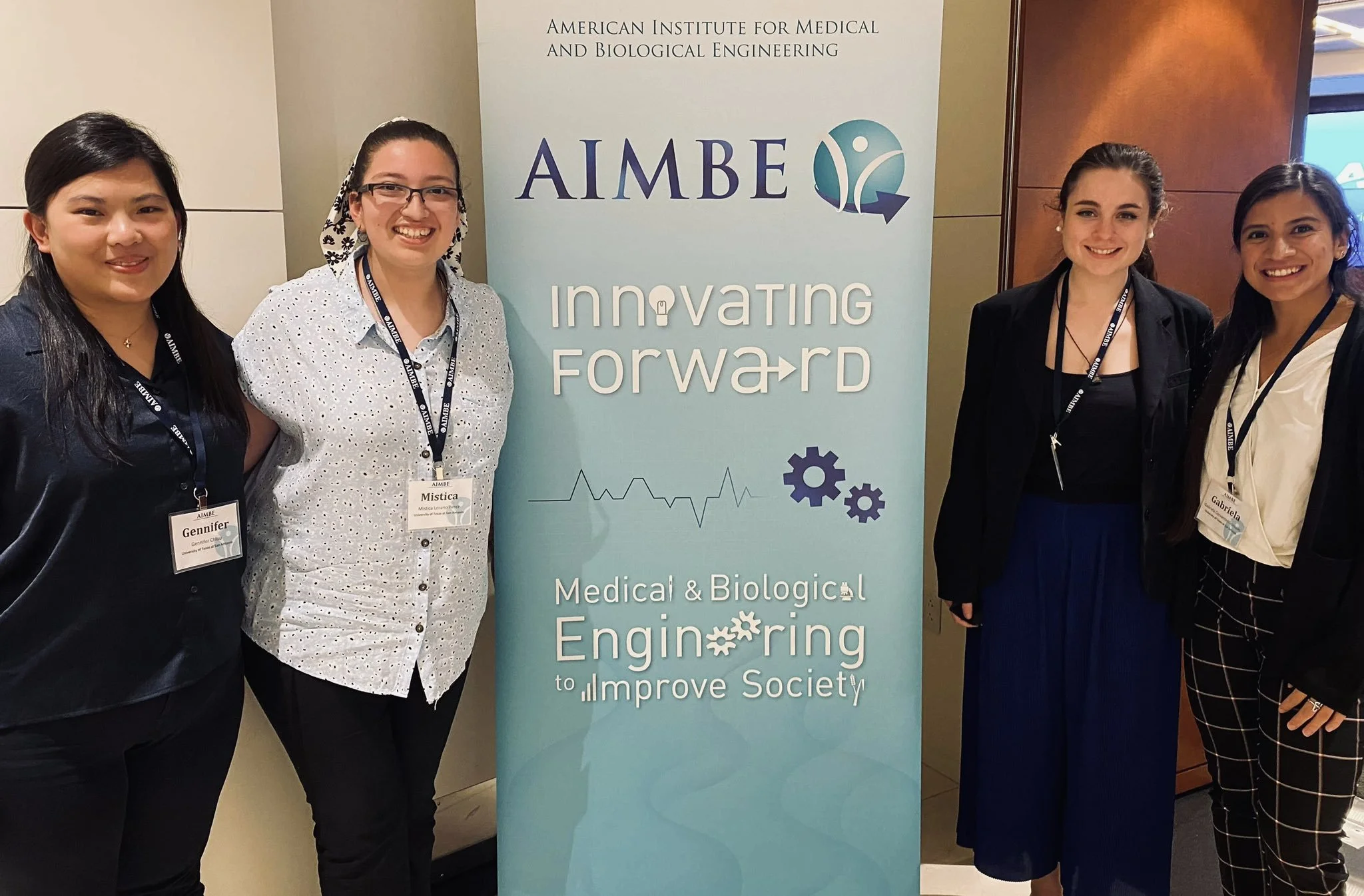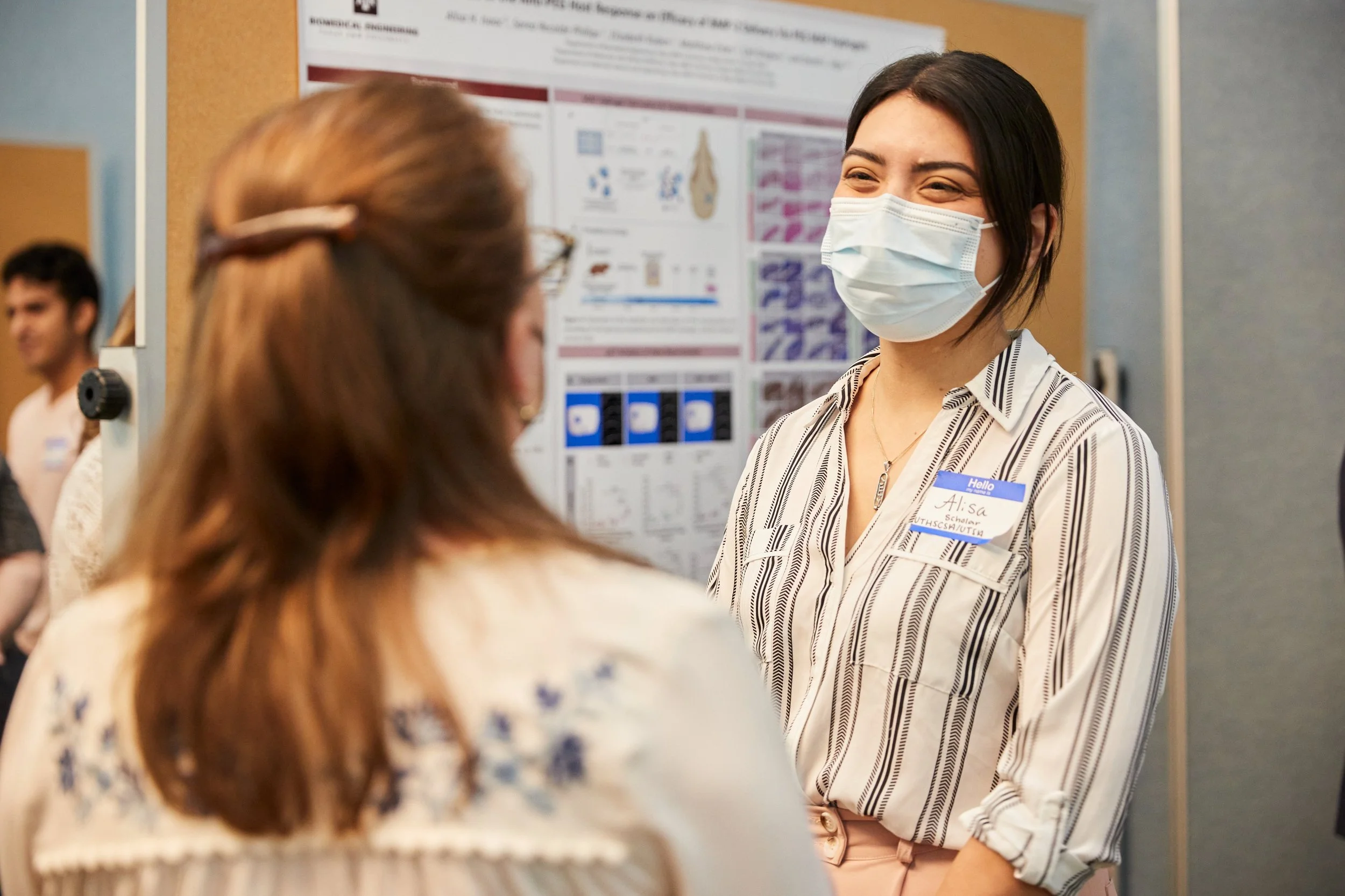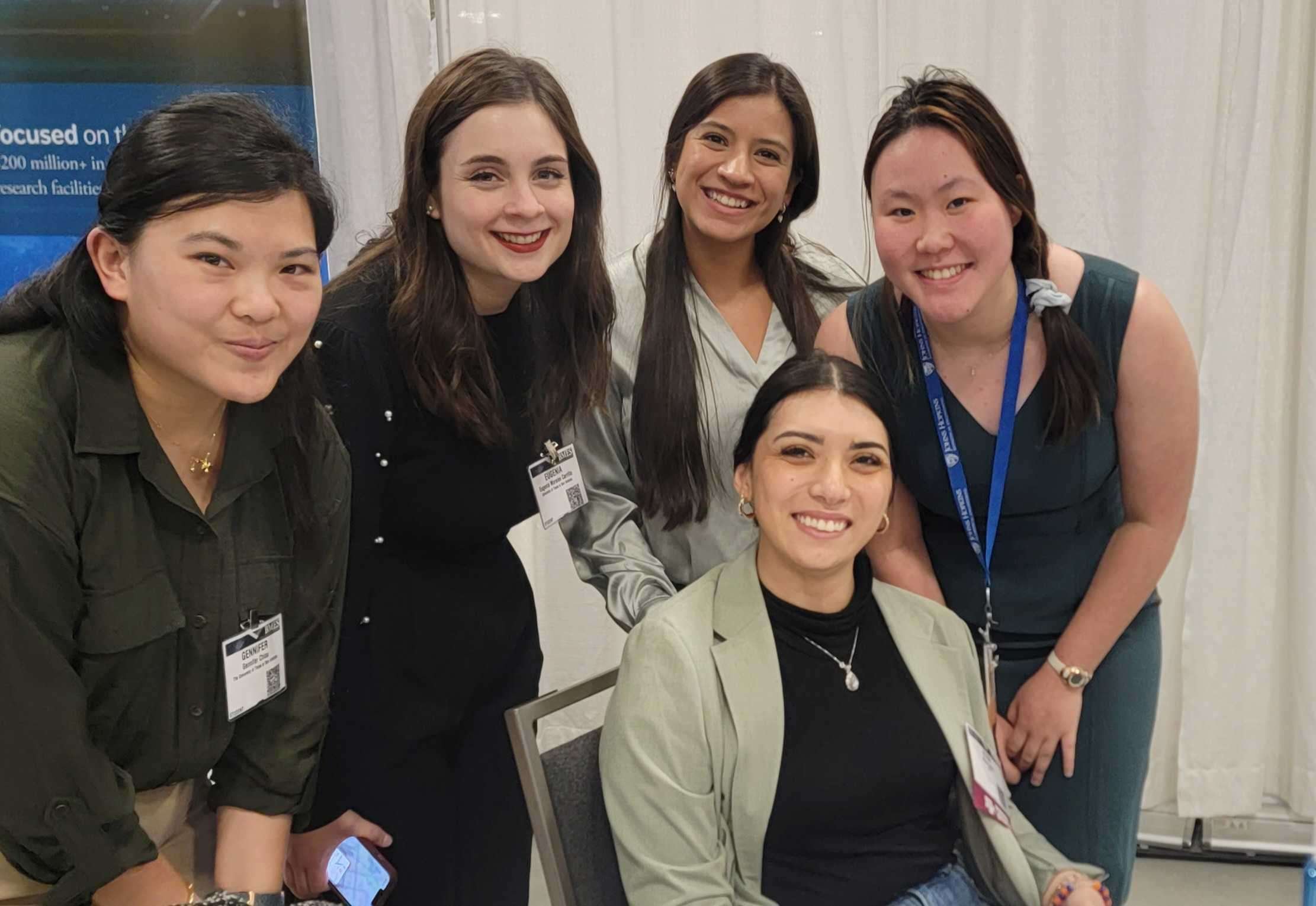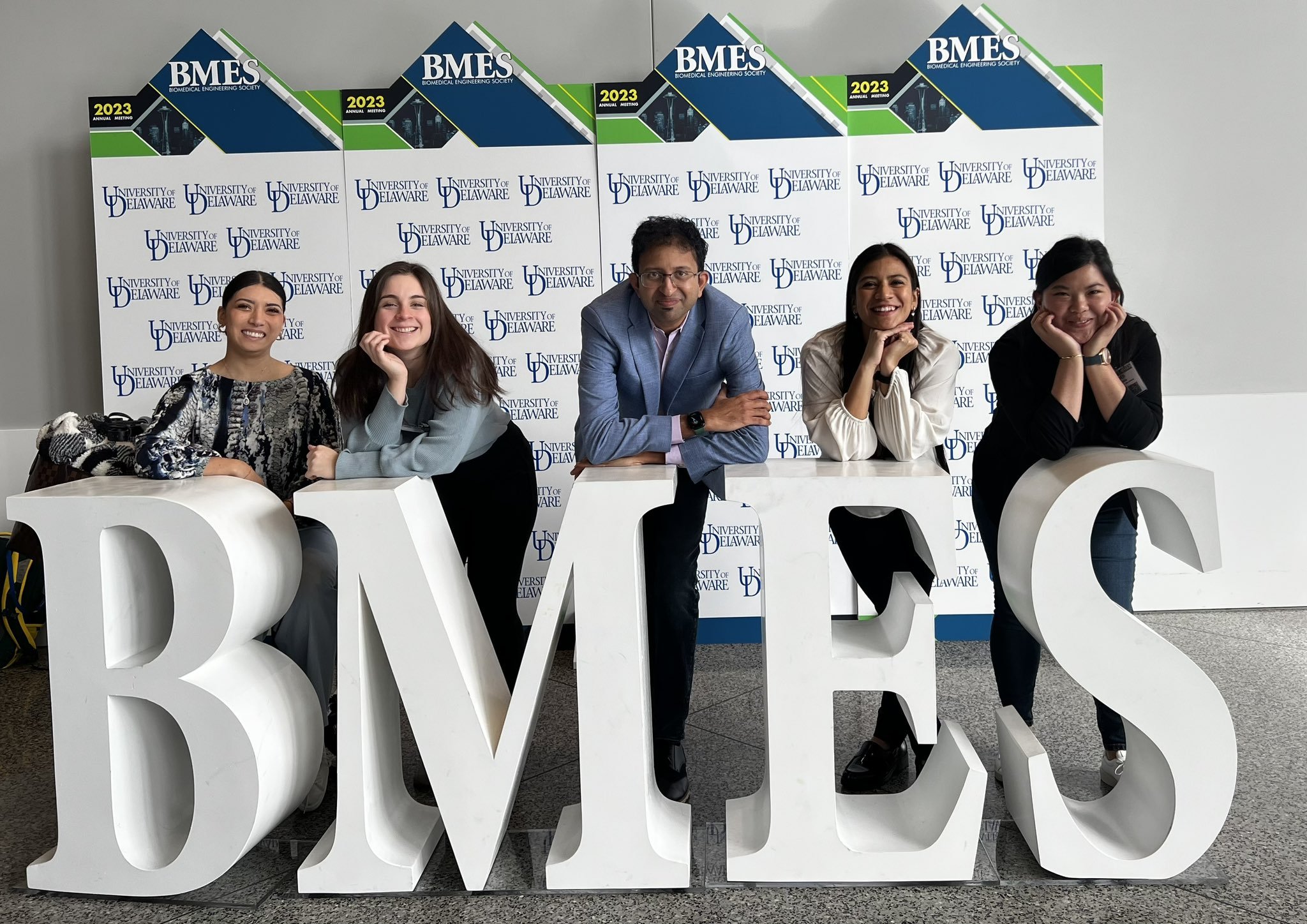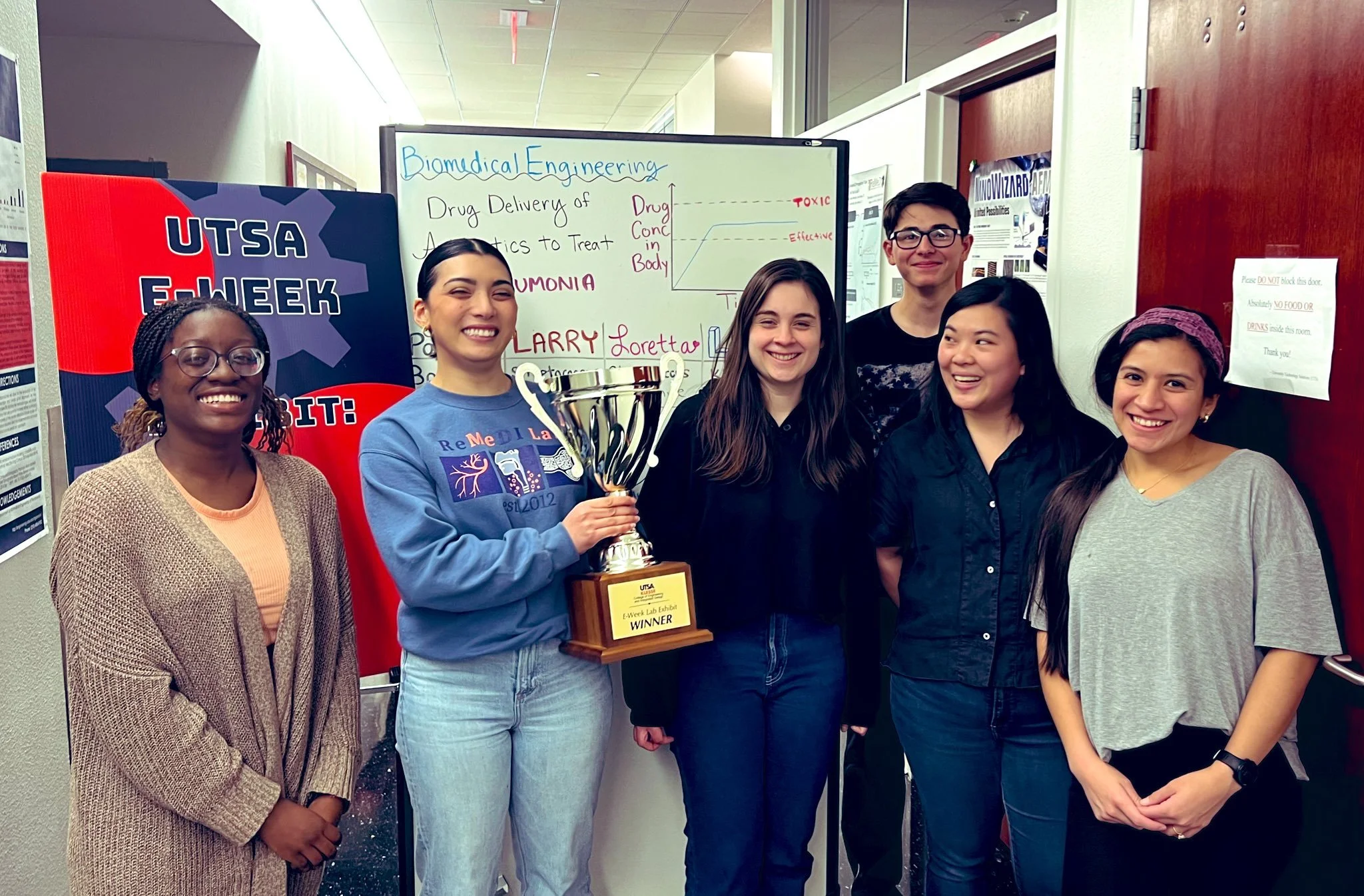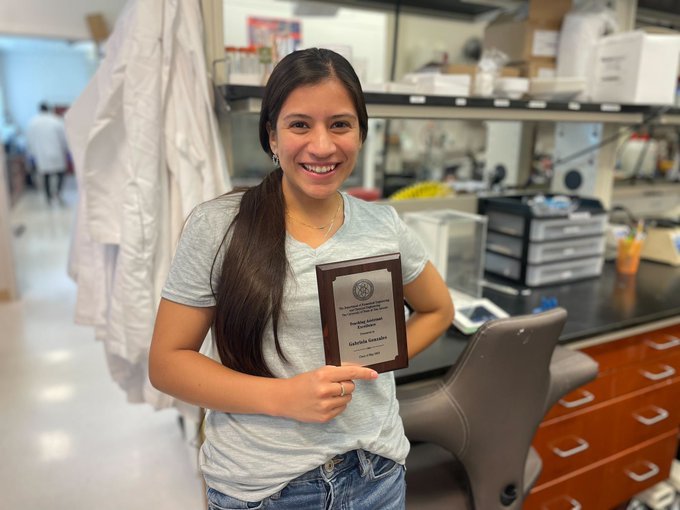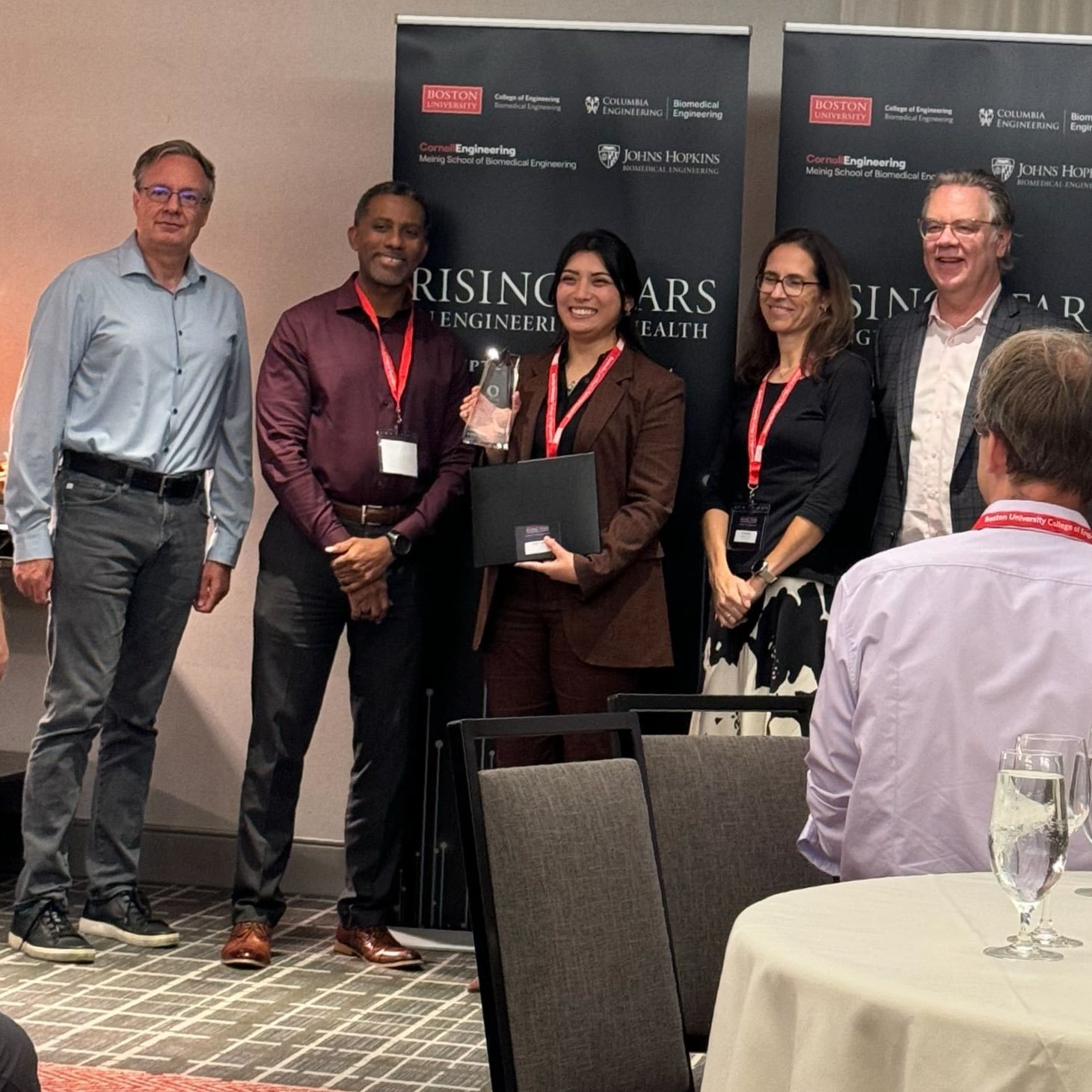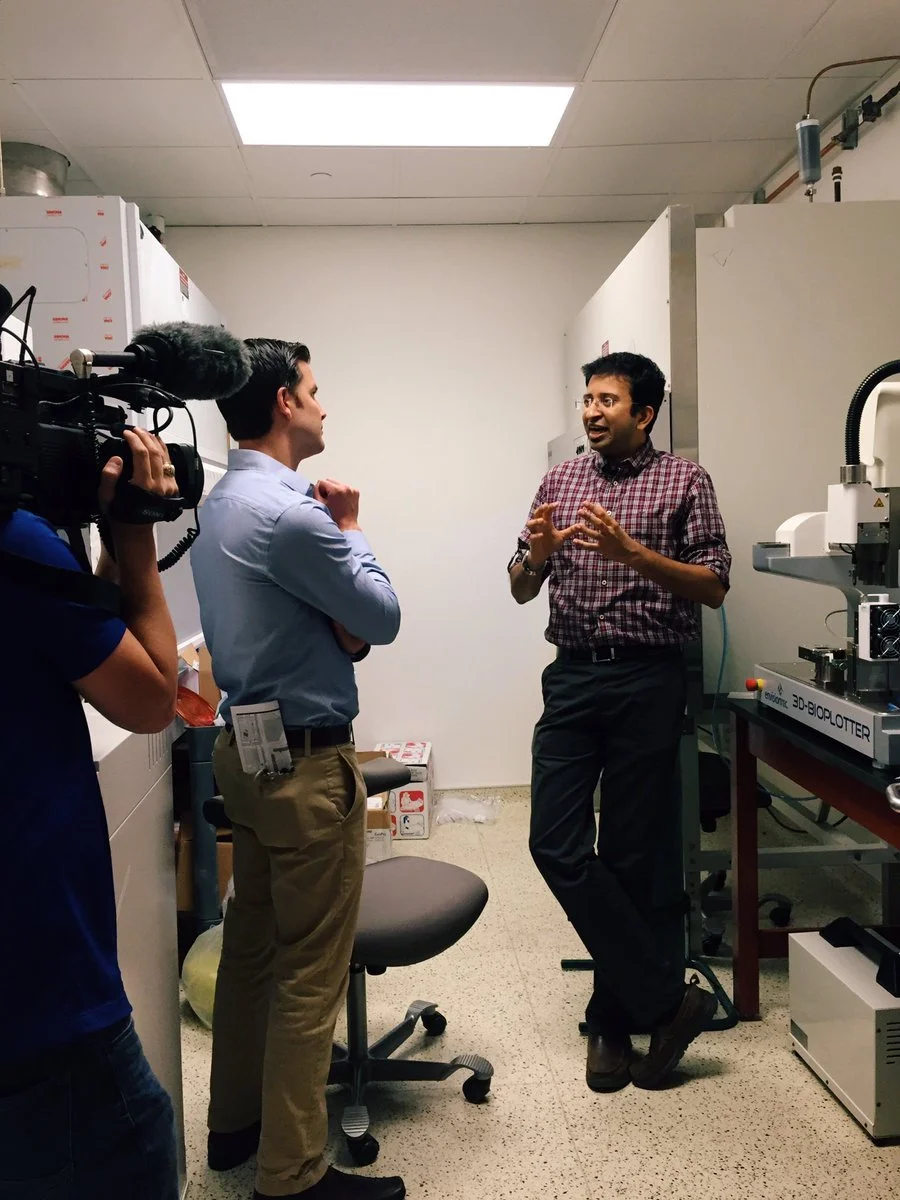Research Profile
Our current interests are focused on developing regenerative strategies, enabling technologies and engineering tools for tissue engineering. In specific, on-going projects focus on the employment of mechanical stimulation regimes in bioreactors to improve engraftment of musculoskeletal tissue substitutes. The compliance of substrates has a profound influence on the stem cell response and this effect is enhanced by applied mechanical loads. Studying the relative impact of these cues on directed cellular differentiation is important to develop appropriate materials for musculoskeletal interfaces, where there is a steep gradient in mechanical properties, or soft tissues such as salivary glands or pancreas with unique cell niche environments.
In support of the tissue regeneration efforts, we work on the correlation of in vivo bone and vessel morphology using micro computed tomography or alternative image bases analyses to scaffold structure and bio-mechanical properties. The spatial architecture of tissue grafts and the resulting initial mechanical properties including strength and permeability directs the efficacy of these grafts to act as suitable substrates to direct tissue regeneration. The non-destructive evaluation of these properties along the translation of the scaffold from material synthesis, through in vitro testing and in vivo evaluation provides a powerful analysis tool with built in feedback for design improvements. I am also interested in the evaluation of tissue mechanical properties to track and quantify tissue damage and recovery of function.
Diseases Associated: Trauma, osteoporosis, sjogren's syndrome, osteoarthritis, edentulism, volumetric muscle loss, sports injuries
Techniques Used: 3D printing, Bioreactors, Computational modeling, Computed Tomography, Materials characterization, Mechanical Testing
By the Numbers:
Citations: 3719
H-Index: 31
i10-Index: 53
